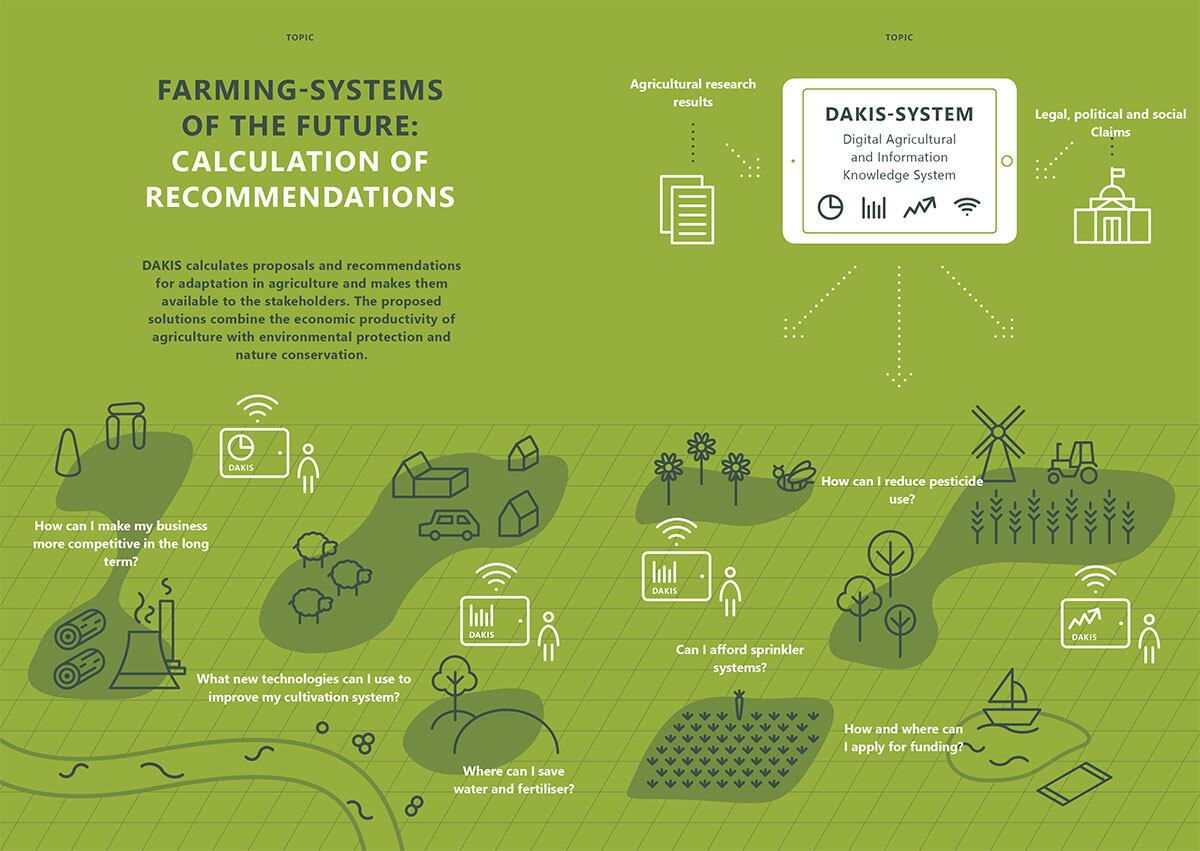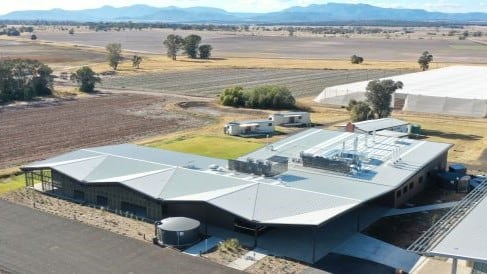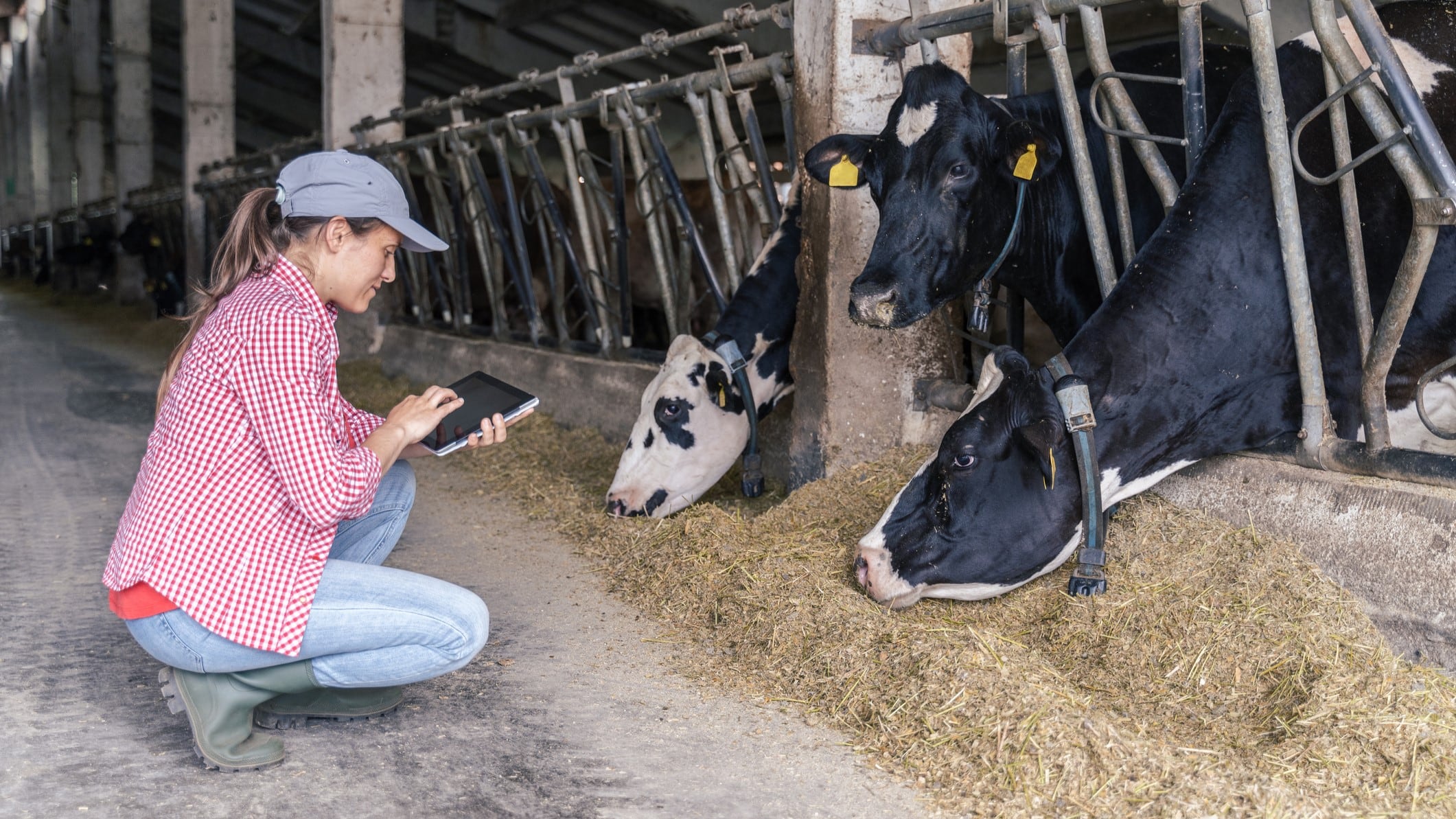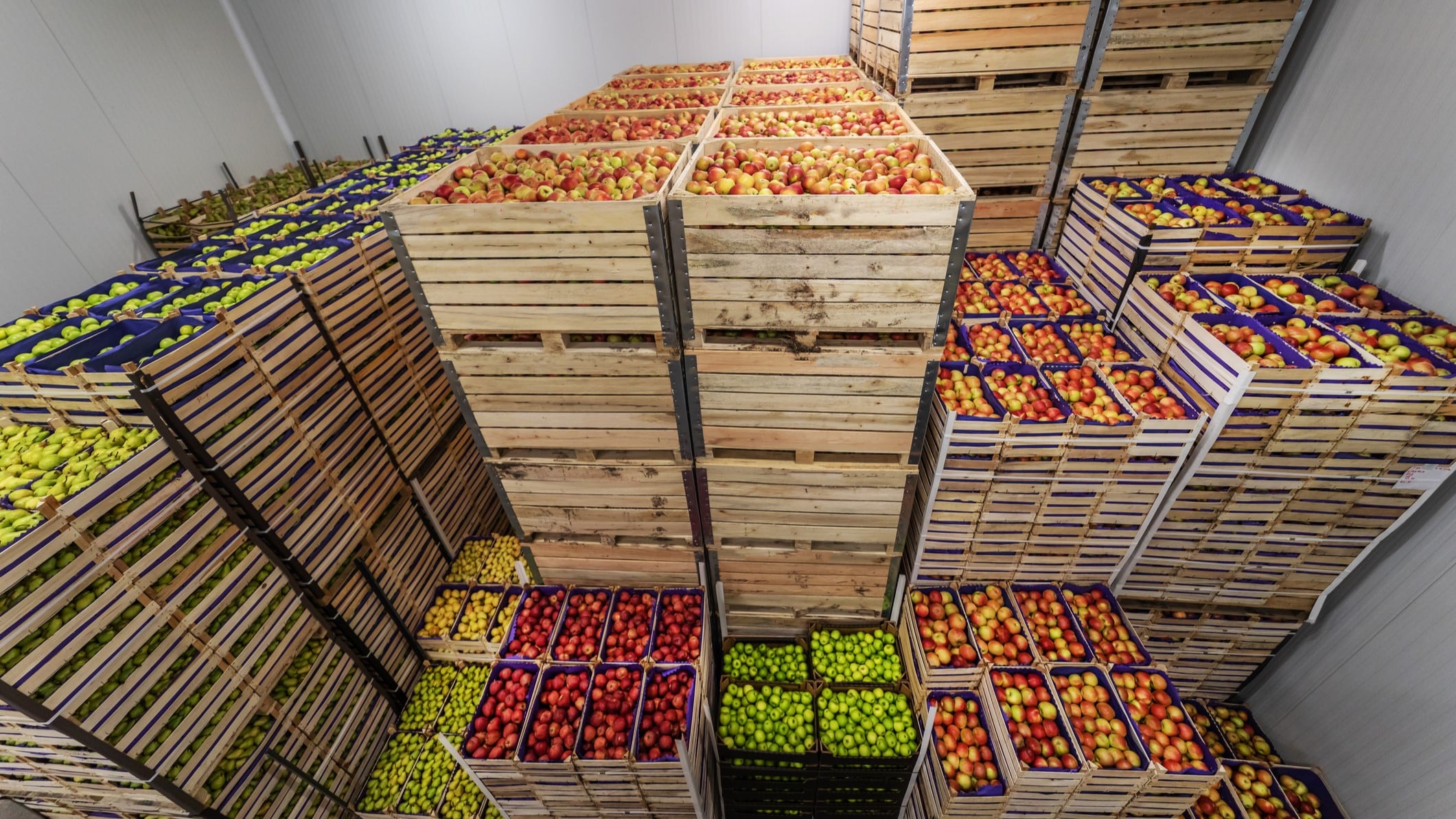The way farmers use digital tools for agriculture is facing limitations due to rapidly changing technologies and the struggle to meet both developers’ and end-users’ needs. Digital tools used in farming, also called digital agriculture tools, are constantly evolving to keep up with the latest technical advancements and user demands.
However, many of these tools may quickly become outdated, especially during their initial implementation phases. Some tools initially focus on specific themes or areas but have the potential to expand later; this quick evolution can lead to gathered information becoming obsolete.
Another challenge arises from the fact that the information about these tools is not always fully available in the documentation reviewed. This means the descriptions of such tools might be incomplete, particularly regarding their more detailed features, like the models and algorithms they use, sustainability aspects, and scales.
Details on the DAKIS
The DAKIS integrates remote sensors, artificial intelligence (AI) and online platforms to provide farmers with data-driven recommendations that take into account factors like crop productivity, environmental health and biodiversity. The system also considers demands from various stakeholders for ecosystem services and biodiversity preservation. Through this approach, farmers can make informed choices about land use and management while considering broader impacts on the environment and society.
One of the DAKIS’ core features is its ability to analyse different scenarios and assess how changes in policies, market conditions and technological adoption might affect agricultural systems, helping farmers prepare for potential future challenges and make decisions that align with sustainable practices.
Additionally, the DAKIS encourages interaction among farmers, stakeholders and researchers. It enables farmers to specify their preferences and objectives related to ecosystem services and biodiversity, while stakeholders can provide input on their needs and demands through real-time mapping.
The DAKIS is currently being tested in different agricultural regions to ensure its effectiveness in diverse settings. It aims to guide farmers in making choices that balance crop productivity, environmental health and societal needs. By utilising digital technologies and collaborative approaches, it strives to support the transition to sustainable and diversified agriculture practices.
Studying the system
Led by the Leibniz Centre for Agricultural Landscape Research (ZALF), a recent study conducted by researchers in Germany highlighted the selection process for tools that were examined in more depth. The criteria for this selection were designed to ensure better comparisons and match the DAKIS’ innovative nature. As a result, only tools covering a broad range of functions and incorporating various digital technologies were closely analysed, meaning that tools focusing on narrower functions or specific areas were excluded.
Regarding the user-friendliness of digital tools, the study recognised a gap between their and the people for whom they were created. This gap makes it challenging for such tools to be practically useful on farms, with difficulties stemming from simplifying complex information into user-friendly interfaces, not fully understanding end-users’ needs, and a lack of spatial accuracy and long-term planning support.
To overcome these hurdles, the researchers behind the study developed the DAKIS with a strong emphasis on user experience and stakeholder involvement. By engaging stakeholders regularly, they aimed to create a tool aligned with real-world impacts and user needs that also promoted collaborative learning.
The DAKIS aim to integrate a wide range of indicators related to production, environment, economy and socio-cultural aspects, allowing for recommendations based on trade-off analyses. It is expected to assist with both short- and long-term planning, incorporating behavioural and preference models to enhance its relevance and acceptance.
The study also emphasised digital agriculture’s opportunities and challenges — while digital tools can greatly improve decision-making and transparency, they also come with risks related to socio-economic and environmental aspects, data security and data storage. The DAKIS is designed to address these issues by identifying associated risks and incorporating foresight and legal considerations.
The researchers concluded that while digital tools like the DAKIS hold immense potential for agricultural transformation, widespread adoption relies on cooperation from various stakeholders, including farmers, industry players and policymakers.
The challenge lies in making these tools economically viable and aligning them with existing agricultural systems. The DAKIS, with its emphasis on user needs and integrating various data streams, aims to bridge these gaps and facilitate sustainable agricultural practices.
Source: National Center for Biotechnology Information
“The Digital Agricultural Knowledge and Information System (DAKIS): Employing digitalisation to encourage diversified and multifunctional agricultural systems”
https://doi.org/10.1016/j.ese.2023.100274
Authors: Ioanna Mouratiadou, et al.




